-
Welcome to 4Runners.com!
You are currently viewing as a guest! To get full-access, you need to register for a FREE account.
As a registered member, you’ll be able to:- Participate in all 4Runner discussion topics
- Transfer over your build thread from a different forum to this one
- Communicate privately with other 4Runner owners from around the world
- Post your own photos in our Members Gallery
- Access all special features of the site
Cost of brakes
Discussion in '3rd Gen 4Runners (1996-2002)' started by Trekker, Mar 21, 2021.

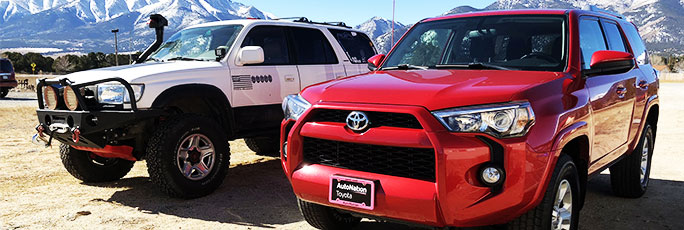
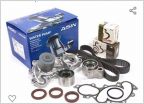 Help! Budget friendly, reliable Timing Belt kit
Help! Budget friendly, reliable Timing Belt kit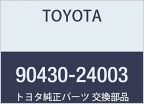 The Fluids
The Fluids 2002 T4R Sport front end rebuild
2002 T4R Sport front end rebuild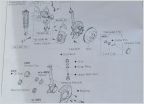 Suspension-related hardware
Suspension-related hardware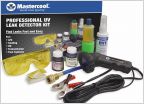 Oil leaks Search 3 gen
Oil leaks Search 3 gen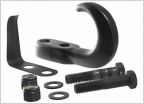 Tow hooks (front or rear)
Tow hooks (front or rear)
